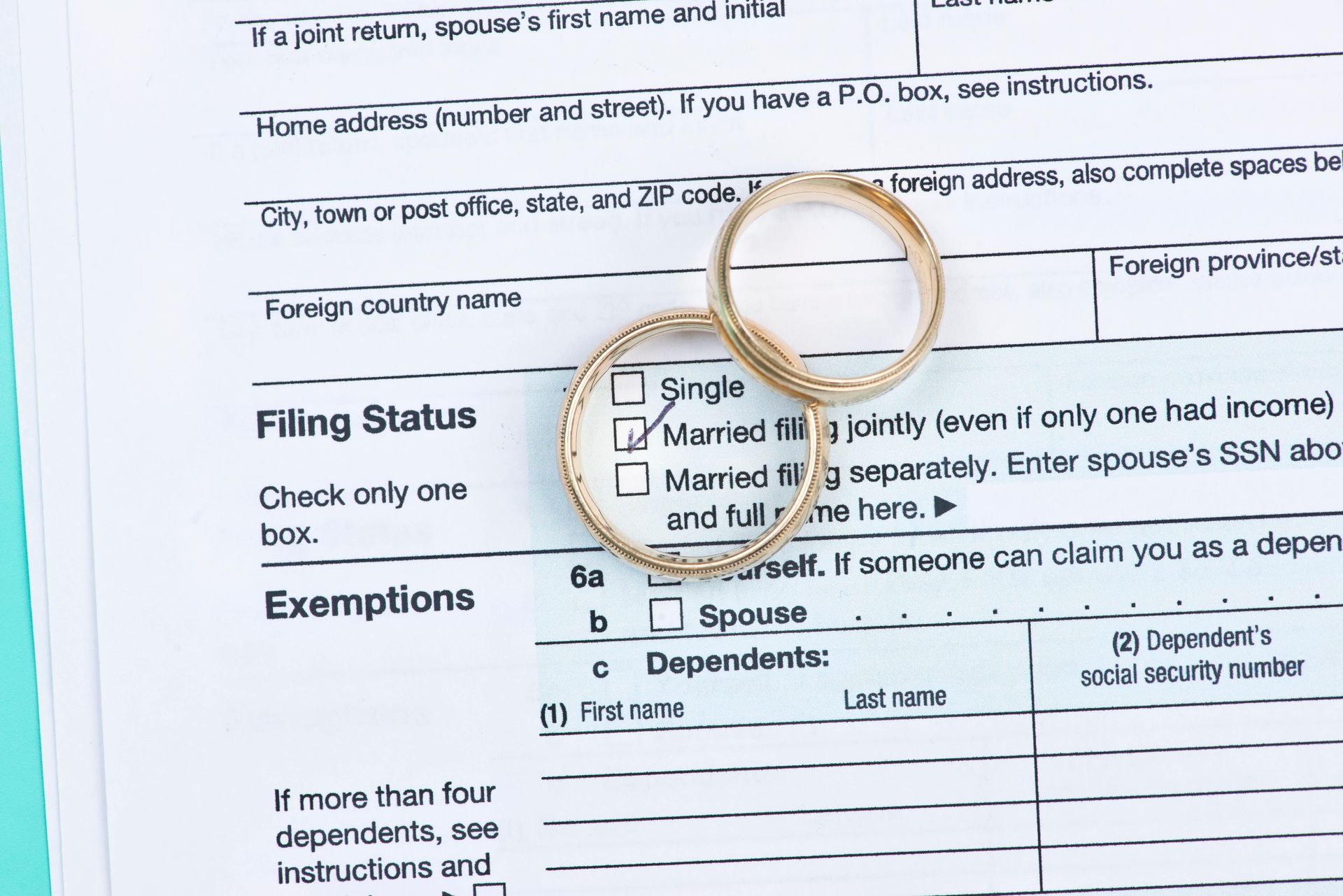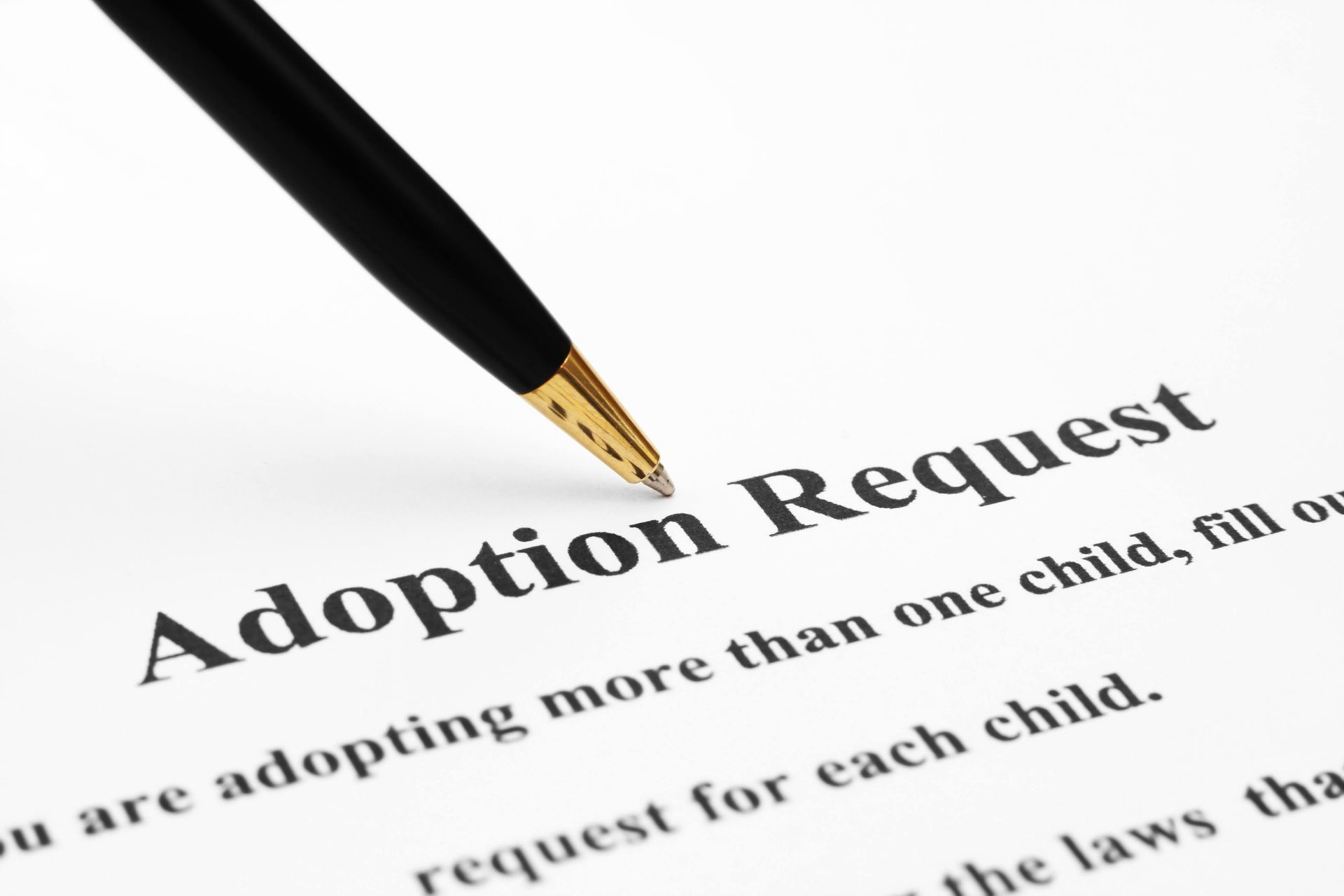Understanding the Role of a Health Care Proxy in New York
When a loved one is unable to communicate their wishes regarding medical care, the appointment of a health care proxy becomes a crucial step in ensuring their values and preferences are honored. As family members and loved ones of those who need a health care proxy, understanding the significance of this role is essential in guiding your loved one's health care journey. In this blog post, we'll delve into the importance of a health care proxy, the legal implications in New York, and how you can support your loved one through this intricate process.
The Essence of a Health Care Proxy
Defining the Role: A health care proxy is someone appointed by an individual to make health care decisions on their behalf when they are unable to do so. This legal designation empowers a trusted person to act as the voice of the incapacitated individual, ensuring that their medical care aligns with their wishes and values.
Legal Framework in New York: In the state of New York, the health care proxy is governed by the New York Health Care Proxy Law. This law allows individuals to designate someone they trust to act as their health care agent, making crucial medical decisions when they cannot communicate for themselves.
The Decision-Making Authority of a Health Care Proxy
Being Aware of the Process: Familiarize yourself with the legal procedures involved in appointing a health care proxy in New York. Understand the importance of creating a legally valid document, including having it signed in the presence of witnesses or a notary public.
Understanding Your Scope: Health care proxies have the authority to make a wide range of health care decisions, including treatment options, surgical procedures, and end-of-life care. It's crucial to recognize that the decisions made by the proxy should reflect the wishes expressed by your loved one in their living will or through discussions with the proxy.
Legal Procedures and Documentation
Encouraging Legal Preparedness: Assist your loved one in working with an attorney to create a legally valid health care proxy document. This involves ensuring that the document clearly outlines you as the appointed proxy, your responsibilities, and the specific health care decisions you are authorized to make.
Periodic Review: Encourage your loved one to periodically review and update their health care proxy wishes and documentation.
Addressing Potential Challenges
Family Dynamics: Recognize that family dynamics can sometimes complicate the role of a health care proxy. Encourage open communication within the family and strive to resolve conflicts amicably, keeping in mind the best interests of your incapacitated loved one.
Dispute Resolution: Be prepared to assist in resolving potential disputes regarding the decisions made by you as the health care proxy. Seek legal advice when necessary to ensure that your authority as a proxy is upheld.
The Emotional Support You Provide
Understanding Emotional Challenges: Recognize that serving as a health care proxy can be emotionally challenging. Seek support from loved ones and professional counselors when necessary.
Encouraging Self-Care: It's important to prioritize self-care during this challenging time. Emotional support, coupled with practical assistance, can help you navigate your role with greater resilience.
Advocating for Your Loved One's Wishes
Being a health care proxy in New York is a profound responsibility that requires trust, clear communication, and a deep understanding of the principal's values and wishes. In the complex landscape of health care decision-making, your role as a health care proxy is paramount.
By understanding the nuances of your role and familiarizing yourself with legal procedures, you become an advocate for your incapacitated loved one's wishes. Navigating this journey requires collaboration, open communication, and a shared commitment to honoring your loved one's values. To become an appointed health care proxy, contact John D. Wieser Esq., PC today.









